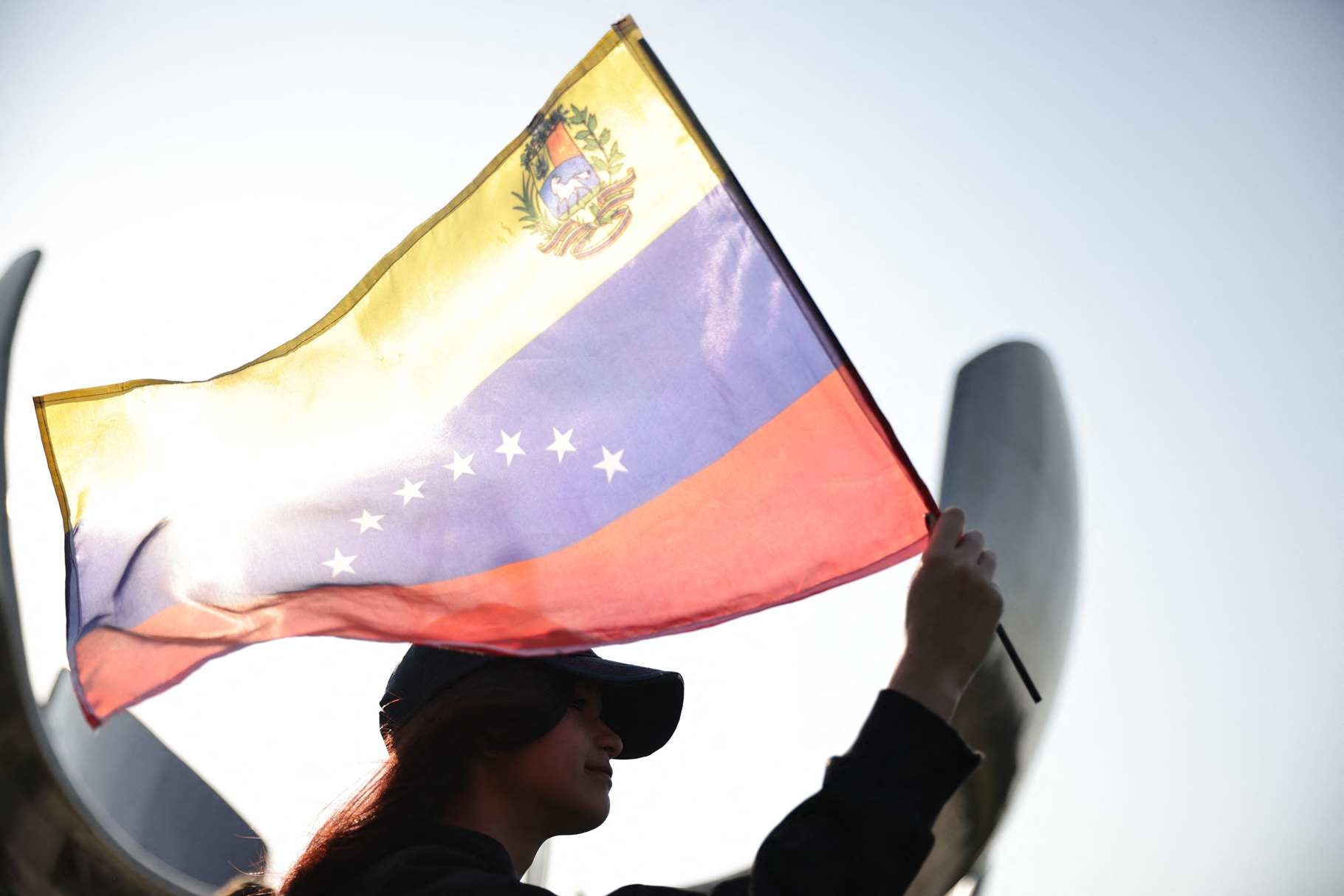The keys to the situation in the country after two months of the elections

The political crisis in Venezuela persists two months after presidential elections in which Chavismo and the majority opposition claim victorywhile the National Electoral Council (CNE), which proclaimed Nicolás Maduro the winner, has still not published the disaggregated results, as contemplated in the official schedule.
The ruling party also relies on a ruling from the Supreme Court – chaired by Chavista Caryslia Rodríguez – that validated the CNE announcement, while the opposition supports its claim on 83.5% of the minutes collected by witnesses and polling station members, which reflect -he insists- the triumph of his standard bearer, Edmundo González Urrutia, exiled in Spain since September 8.
However, the Executive believes that these minutes are “false” documents.
Below, five aspects of a country marked by uncertainty, complaints of “persecution”, diplomatic conflicts and, according to the government, incessant foreign “interference”:
Electoral “opacity”
Two months after July 28, the “most reliable, transparent and audited electoral system in the world”, as authorities describe it, still does not publish the results in a disaggregated manner nor is the CNE website enabled, which claims a hack.
This “opacity”, denounced by the majority anti-Chavismo – grouped in the Democratic Unitary Platform (PUD) -, is, according to opponents, a sign of the “fraud” that has generated widespread questioning in the international community, which urges the publication of disaggregated results.
Greater “uncertainty”
With just over three months left until the inauguration, on January 10, citizens express doubts about the near future of the country, which, according to former candidate Enrique Márquez or the rector of the CNE Juan Carlos Delpino, among others, were not left. resolved with the decision of the Electoral Chamber of the Supreme Court of Justice (TSJ) that “categorically” validated Maduro’s re-election.
Political scientist Pablo Quintero told Efe that the situation is “marked” by “uncertainty,” as well as by “tensions and dilemmas” that, he warned, “are not going to be resolved between now and January 10” and, on the other hand, He predicts that there will be “a much harsher clash from the media and international point of view” and “more diplomatic controversies.”
“Persecution”
The UN Fact-Finding Mission for Venezuela denounces that the State “intensified the harshest and most violent modality of its repression machinery” to “dismantle and demobilize the opposition”, while the “main public powers abandoned all appearance of independence and submitted” to the Executive.
According to the Human Rights Committee of Vente Venezuela (VV) – a party led by María Corina Machado, who claims to be in “forced custody” -, at least 148 opposition politicians and activists are detained, many of them collaborators of González Urrutia, while that 6 have been refugees, since March, in the residence of the Argentine Embassy in Caracas.
Diplomatic crisis
Maduro’s controversial re-election, as well as complaints of “persecution”, triggered a diplomatic crisis that has resulted in the expulsion of members of the missions of Peru, Argentina, Chile, Costa Rica, Panama, the Dominican Republic and Uruguay.
Added to this was the tension with Spain, after the Parliament of the European nation approved recognizing González Urrutia as the winner, which shortly afterwards worsened with the Venezuelan government’s denunciation of a “terrorist” operation for which two Spaniards were arrested. , who are linked to the National Intelligence Center (CNI) of their country.
The “interference”
The foreign “interference” that the ruling party frequently denounced during the pre-election period multiplied after the elections, with statements against statements by governments or international organizations that have questioned the “lack” of transparency of the Venezuelan electoral system and condemned the “repression.” and “human rights violations.”
In rejection of “interference actions”, as well as the “presumption of the use of civil aviation for purposes not compatible with security principles”, the Executive suspended commercial flights with Panama, the Dominican Republic and Peru, countries to which Chile added this week, according to the Ministry of Transportation, measures that – experts said – reduced Venezuela’s air connection with the world by more than 50%.
🇻🇪Conseturismo warned that the eventual extension of the suspension of flights to the Dominican Republic, Panama and Peru, in addition to the closure of aeronautical operations with Chile “drastically reduces” air connectivity and represents a “hard blow” for the sector. pic.twitter.com/TIQOkO2fIe
— Ideadatos (@ideadatos) September 27, 2024
Independent journalism needs the support of its readers to continue and ensure that the uncomfortable news they don’t want you to read remains within your reach. Today, with your support, we will continue working hard for censorship-free journalism!
